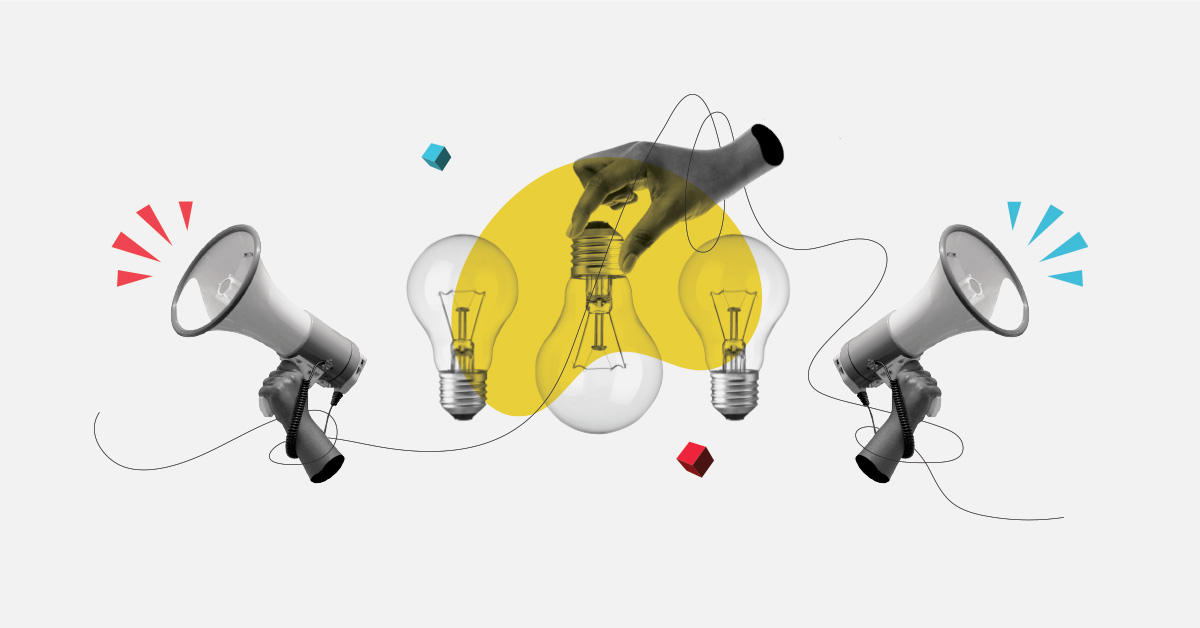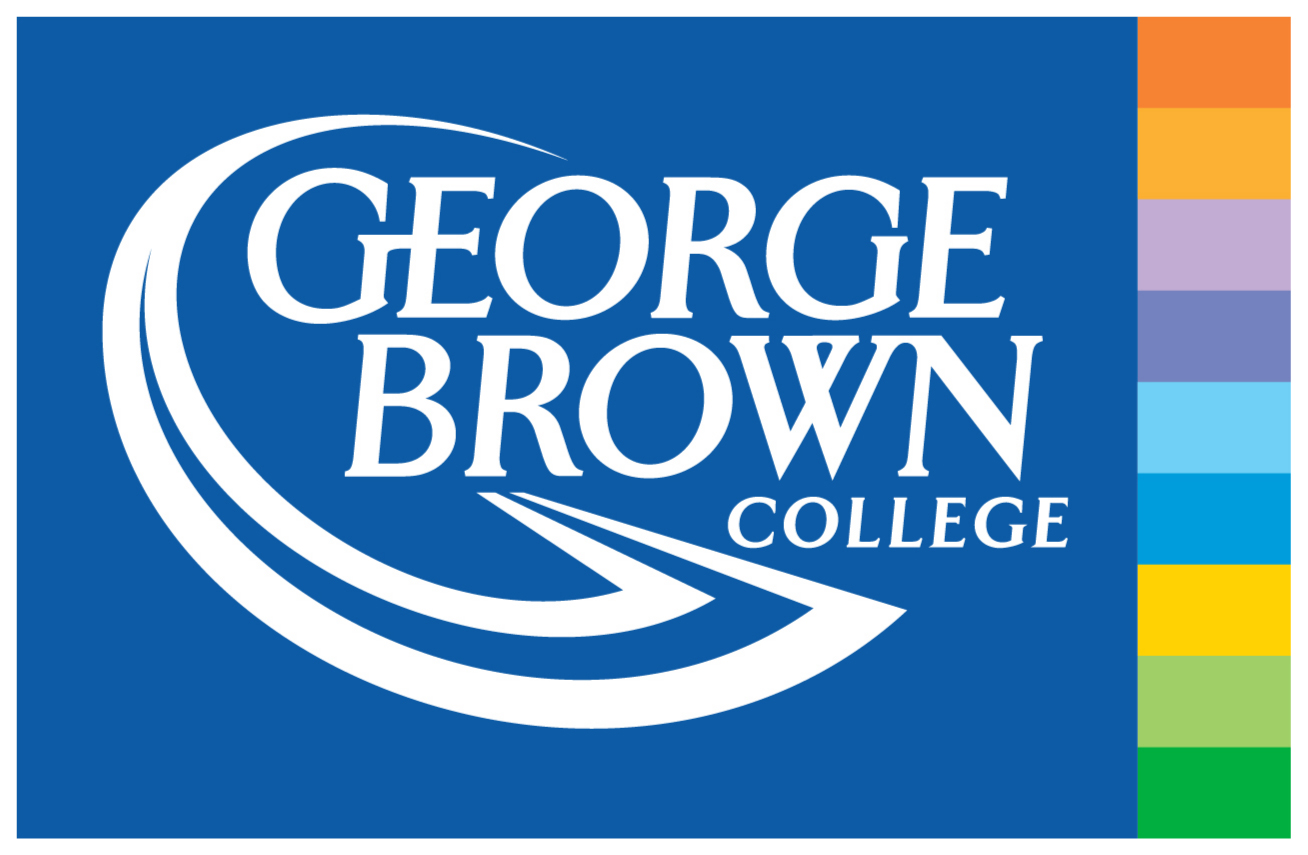The transition from high school to university is a tough one for most students, and young people with disabilities face particular challenges. To help ease them into their new world, researchers at George Brown College in Toronto are developing an online network with e-mentoring.
The Postsecondary Students with Disabilities Network (PSDNet) is intended as one way to help counter the historic failure of the education system, institutions and governments to support students with disabilities, explained Charles Anyinam, professor at George Brown College’s Faculty of Community Services and Health Sciences.
He is the lead researcher on PSDNet, a project funded by the Social Sciences and Humanities Research Council’s Community and College Social Innovation Fund. Over three years, Anyinam and a team of partners and students at George Brown will work to set up a mentoring system designed to help students with disabilities thrive at school.
It can be a struggle for them. In Ontario, students with disabilities are less likely to finish high school than those without disabilities (18.7 percent don’t finish, compared to 12.5 percent of able-bodied peers). Twice as many Ontarians without disabilities have degrees as those with disabilities. That attrition may be due, in part, to being isolated from peers and role models — which is why the focus is online mentoring. Anyinam doesn’t want any student with disabilities in Ontario to feel left out.
“When it’s done well, e-mentoring is just as effective, but the cost of e-mentoring is much less,” Anyinam said in an interview. It also removes the considerable barrier of travel from the equation. “If I am a mentor in Thunder Bay, I can still mentor someone at George Brown…we want to make sure as we are building this platform that it will extend all across Ontario — and my dream is, all across Canada. Being web-based keeps costs down but connects more people.”
Because many participants in PSDNet will be underage and potentially vulnerable, several safety precautions are being built in. Mentors will have to go through police background checks. Online forums will be monitored for bullying or other problems. Mentor-mentee “discussions” will initially be through text messages, and participants will be encouraged to keep it that way, to ensure safety for the mentee and to help mentors feel secure in their role. Ultimately, however, whether to meet will be their decision.
Mentors and mentees will be matched based on three main criteria, Anyinam says. First is gender, because it is a big factor in university life and careers, particularly in sciences and engineer and research shows mentoring for women is best done by women. A shared area of study is also important. Finally, the nature of the disability will be considered, though it is not the most important consideration.
Students from George Brown and its partner schools in the project, Nipissing University and the University of Ontario Institute of Technology will be hired for two teams working on the project — one designing the visual interface and one developing the technical software side people don’t see.


